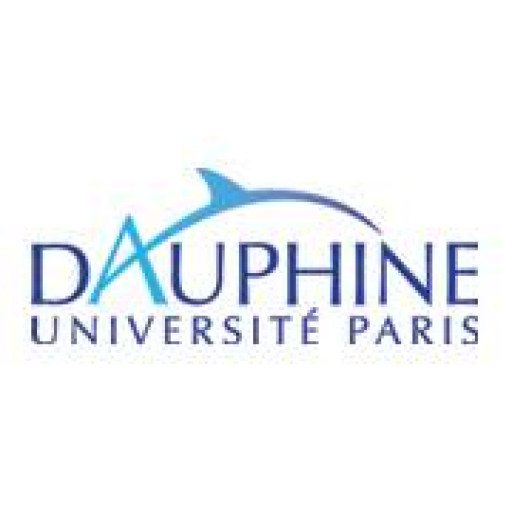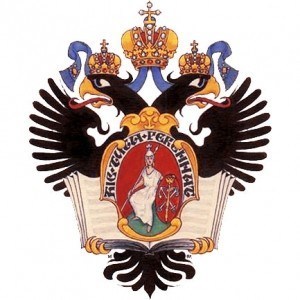Photos of university / #ucl
This MSc programme builds on the success of our undergraduate Engineering with Business Finance programme and is designed to give graduates with a first degree in a relevant numerate subject the engineering, management and finance knowledge and skills necessary to work on engineering projects, and in business and finance.
Core engineering content concentrates on areas of new and emerging technologies and materials combined with modules in project management and financial markets and institutions. Students undertake two engineering projects (a group design project and an individual project) which integrate the knowledge acquired through the taught modules.
Students undertake modules to the value of 180 credits.
The programme consists of four core modules (60 credits), two optional modules (30 credits), a group design project (30 credits) and the individual research project (60 credits).
Core modules
- Materials and Fatigue
- Project Management
- Financial Institutions and Markets
- New and Renewable Energy Systems
Optional modules
- Advanced Computer Applications in Engineering
- Vibration, Acoustics and Control
- Compliance, Risk and Regulation
- Entrepreneurial Finance
- Numerical Analysis for Finance
Dissertation/report
All students undertake a group design project and an individual research project. Both culminating in a substantial dissertation. The group project focuses on creativity and design, teamwork, project management and business planning and feasibility. The research project evolves around student research interests; it often has industry input and develops high-level presentation, critical thinking and research skills.
Teaching and learning
This dynamic programme is delivered through a combination of lectures, tutorials, seminars, laboratory and project work, workshops and problem classes, all of which frequently draw upon real-life industrial case studies. Assessment is through examinations, coursework, laboratory reports, presentations, the group design project and the individual research project.
A minimum of an upper second-class Bachelor's degree from a UK university in engineering, physics or applied mathematics, or an overseas qualification of an equivalent standard.







